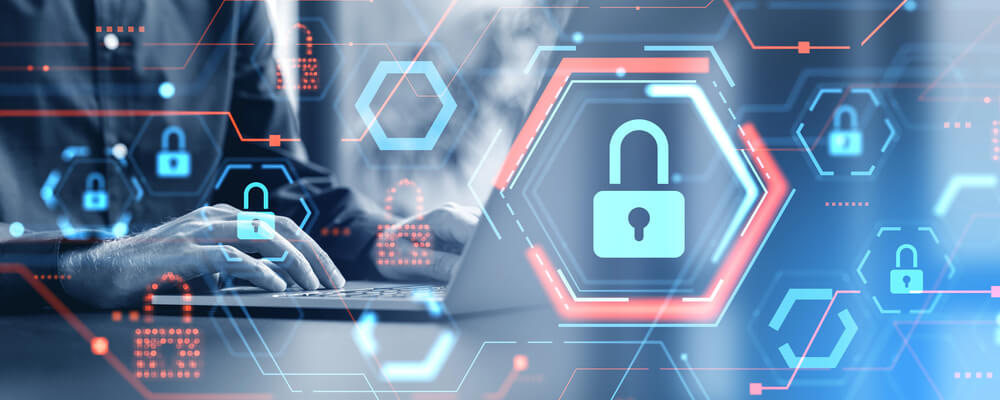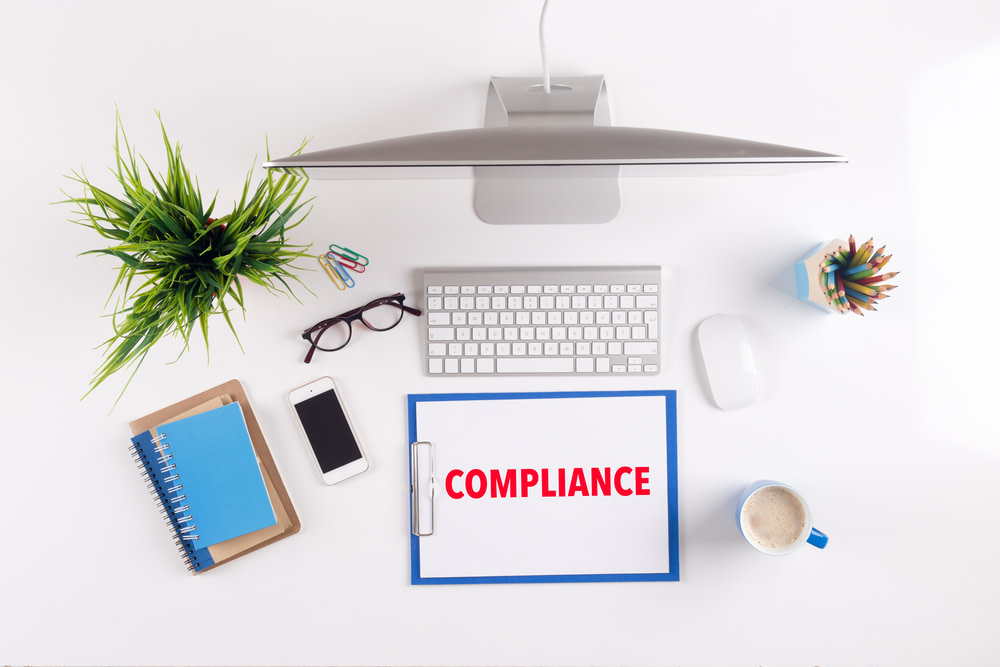ISO 27001 is an internationally recognized information security framework. It was established in 2005 by the International Organization for Standardization and the International Electrotechnical Commission to give businesses around the world a strong foundation for cybersecurity practices. Unlike NIST CSF and other self-reported frameworks, ISO/IEC 27001 has accredited auditors and certification bodies. What businesses need ISO 27001 certification, what does the process involve, and why is it important?
Who Needs ISO 27001 Certification?

ISO 27001 compliance is valuable for businesses of every size in every industry. After all, ISO 27001:2022 guidelines represent the gold standard for information security practices and systems. Following this framework helps organizations implement strong data security protections, maintain the necessary systems, monitor ongoing compliance, and minimize risks.
Choosing whether to pursue ISO 27001 certification is a different matter. There are significant benefits to achieving ISO 27001:2022 compliance, but also considerable costs. This decision depends on factors that range from client expectations and business maturity to industry opportunities and cybersecurity threats. At the very least, every business should see ISO/IEC 27001 certification as a valuable long-term goal.
Who Should Implement ISO 27001?
Cyberattacks and data breaches target small businesses nearly as much as large ones, but the risks are greater in some industries than others. If your business operates in the following industries, ISO 27001 certification should be a top priority.
Manufacturing Businesses
Manufacturers are the leading target of cyber criminals, facing over 25% of all cyberattacks in 2023. Not only do industrial facilities often have difficult-to-update IoT equipment, but the costly impact of production shutdowns makes them particularly vulnerable to ransomware attacks.
ISO 27001 certification for manufacturers is just as much about ensuring your organizational processes are prepared for cybersecurity threats as for showing clients that your business is compliant. If you operate primarily in the U.S., your company may opt for SOC 2 certification instead of ISO 27001, or as a simpler step before achieving full ISO/IEC 27001 compliance.
What if you’re already compliant with NIST CSF or CMMC for government projects? It can still pay to supplement your current protections with the more robust information security management systems that ISO 27001 offers.
Healthcare Organizations

A common misconception is that healthcare organizations that are HIPAA compliant don’t need ISO 27001 certification. In reality, complying with ISO 27001:2022 is critical for hospitals, private clinics, pharmacies, nursing and hospice care centers, and medical insurers.
HIPAA compliance only focuses on specific areas of data security that relate to protected health information and patient privacy. To safeguard against the wide-ranging threats of malware, ransomware, and data breaches, healthcare businesses need more. In 2023, over 250 healthcare providers reported ransomware attacks in the U.S. alone. The average cost of data breaches in healthcare is a staggering $9.7 million.
Financial Institutions
Banks, insurers, brokerage firms, and other financial organizations need robust information security for three reasons. First, investors and clients are keenly interested in your organization’s reputation for data security.
Having ISO 27001 compliance goes a long way toward reassuring them that their assets are safe in your hands. While stock prices may rebound eventually after a breach, customer confidence is a very different story.
Another reason to implement ISO 27001 standards is that they’re internationally recognized. If you offer financial services to clients in Europe, Asia, and other locations, your customers expect ISO 27001 certification.
Finally, the financing industry has the second-highest number of global cyberattacks. Nearly 20% of cybersecurity incidents in 2023 affected banks and insurers.
Information Technology Companies
IT businesses and software-as-a-service developers are responsible for creating the platforms that other organizations use to handle their data. Understandably, corporate clients expect SaaS vendors and cloud service providers to hold the highest possible certifications for information security. That means ISO 27001:2022 compliance.
After the massive SolarWinds and Orion data breach, which exposed sensitive information from numerous U.S. government agencies and private companies, governmental organizations and a growing number of corporations are emphasizing cybersecurity at every level of the supply chain. Whether your company develops large-scale CMS and business management software or smaller, more customized software solutions, obtaining and maintaining ISO 27001 certification is practically essential.
Telecommunications Providers
Internet service providers, mobile carriers, telephone companies, cable/streaming businesses, and other telecom service providers need to follow good cybersecurity practices. For one thing, the digital nature of ISPs and CSPs makes them especially vulnerable to the full range of cyber threats, including DDoS attacks and ransomware. With such a varied attack surface, having a strategic framework in place for regular risk assessments and threat mitigations is essential.
Additionally, many telecom providers are prime targets for hackers. Media companies often hold payment card information, addresses, and other personal information for thousands or millions of customers.
While there are fewer successful cyberattacks against telecom providers — likely because of staying up to date with leading cybersecurity guidelines — the impact of a breach can be more damaging. Many telecom brands deal primarily with consumers and have significant competition. If Americans learn about a data breach, it doesn’t take long for them to switch to a carrier with a better reputation for security.
Professional Services and Consulting Businesses

ISO 27001 certification is a valuable asset for law firms, accounting firms, and other professional services businesses. These companies often handle financial data, company secrets, and other sensitive information on behalf of clients. Having a reputation for confidentiality is vital, and it goes beyond discretion. These days, protecting client data requires following good data security practices and implementing state-of-the-art tools to guard against intrusions.
Who Is Required To Have ISO 27001 Certification?
ISO 27001 certification isn’t mandatory, but it’s a smart investment in your company’s future. With ISO 27001 compliance, you show your clients that your organization has trustworthy measures in place for access control, encryption, data loss prevention, network monitoring, and information security.
What is involved in becoming certified? Your business must follow a detailed checklist in areas ranging from risk management to documentation of security controls. Then you need to pass two separate audits.
Does Your Business Need ISO 27001 Certification?
Modern technology can streamline the compliance process significantly. If you need ISO 27001 certification, Compyl is an ideal solution for compliance management that helps you automate your workflow and monitor implementation across your organization. Request a demonstration right away.



